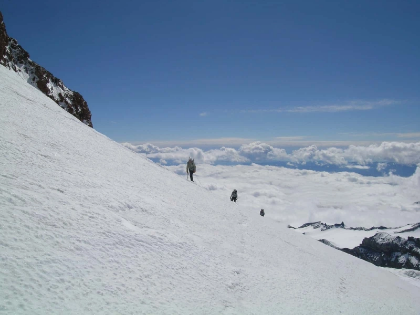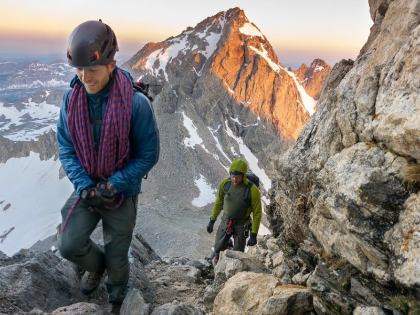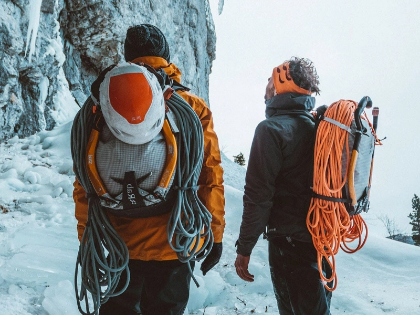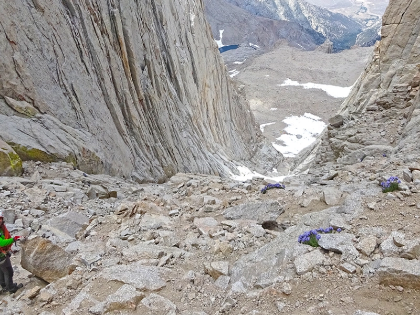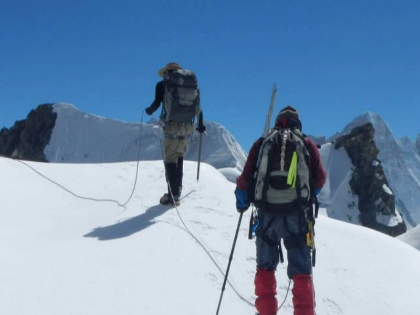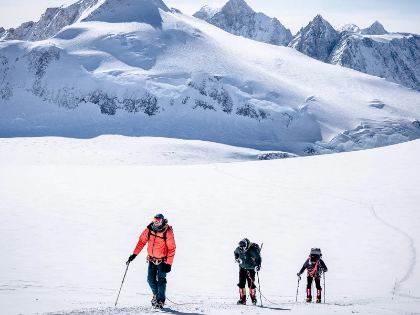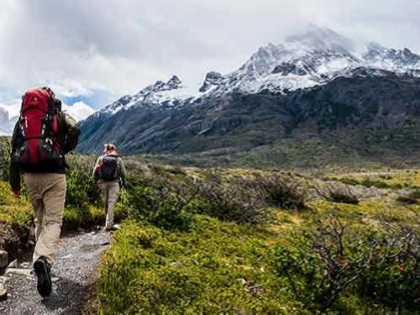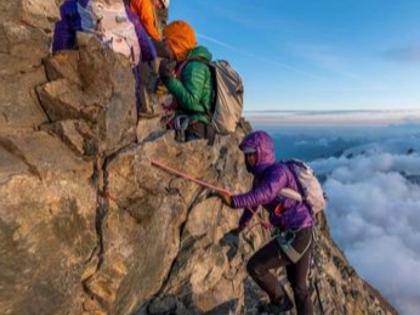Pros and Cons of Hiking Mountains
Benefits and Drawbacks of Mountain HikingA fantastic way to enjoy the outdoors and get some fitness is to go hiking. It may also be a useful method for de-stressing and unplugging from the stresses of everyday life. Hiking can be risky, particularly if you're not well-prepared or in decent physical condition. Altitude sickness, headaches, and even injury are possible side effects.
1. Challenge
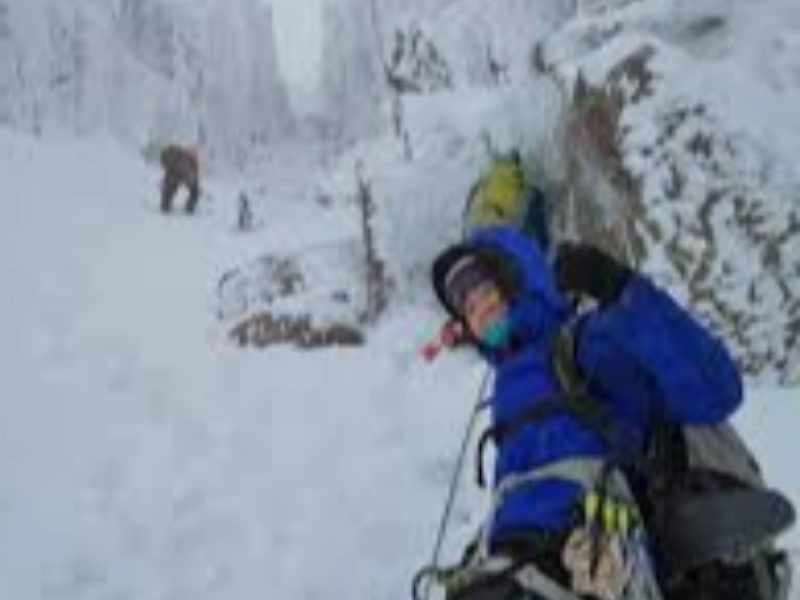 Hiking may be very taxing on the body. It can be physically taxing due to the weather, slippery rocks, chilly river crossings, high inclines, and altitude problems.
Your level of fitness may increase as a result of this challenge, which will benefit you in other areas of your life. You may improve your life, work harder, and be more active if you're in good health!
Another effective strategy for escaping the stress of daily life is to go hiking. You can relax by obtaining some vitamin D, being outside, and breathing clean air away from contaminated cities. It's also a terrific method to lift your spirits and stop rumination, which is repetitive thinking about the same subject. Most people struggle with this, but hiking can be beneficial!
Hiking may be very taxing on the body. It can be physically taxing due to the weather, slippery rocks, chilly river crossings, high inclines, and altitude problems.
Your level of fitness may increase as a result of this challenge, which will benefit you in other areas of your life. You may improve your life, work harder, and be more active if you're in good health!
Another effective strategy for escaping the stress of daily life is to go hiking. You can relax by obtaining some vitamin D, being outside, and breathing clean air away from contaminated cities. It's also a terrific method to lift your spirits and stop rumination, which is repetitive thinking about the same subject. Most people struggle with this, but hiking can be beneficial!
2. Exercise
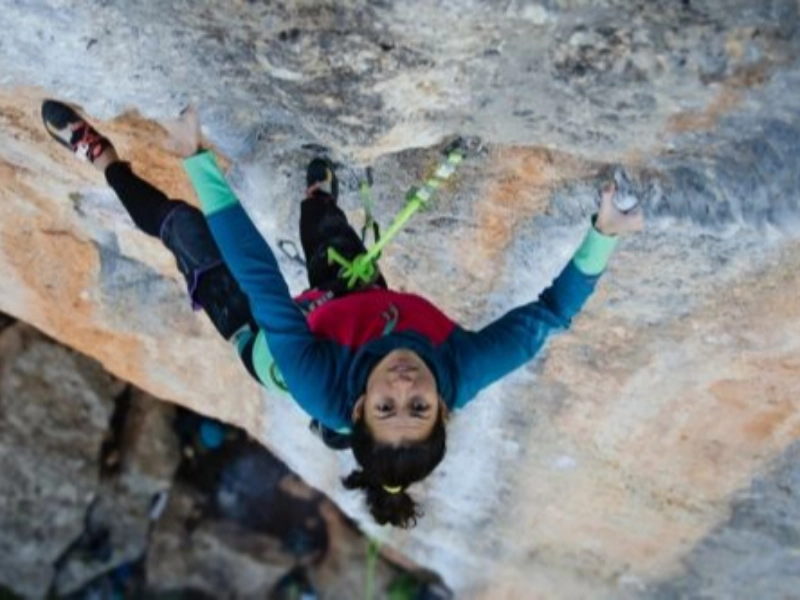 You may work out your body by hiking and not even have to visit the gym. You have to use your balance on the rough terrain, which tones your core. Your brain must constantly adjust to the abrupt changes in direction, including route markers, potential impediments like branches, potential animal encounters, and more.
Aside from that, hiking is regarded as "green exercise" that enhances both your physical and emotional well-being by raising bone density, lowering blood pressure, and elevating mood. In addition, it lets you get some vitamin D and escape the clamorous, dirty city life.
It's crucial to assess your degree of fitness, though, and pick a hike that suits your capabilities. If not, you might sustain some very serious wounds.
You may work out your body by hiking and not even have to visit the gym. You have to use your balance on the rough terrain, which tones your core. Your brain must constantly adjust to the abrupt changes in direction, including route markers, potential impediments like branches, potential animal encounters, and more.
Aside from that, hiking is regarded as "green exercise" that enhances both your physical and emotional well-being by raising bone density, lowering blood pressure, and elevating mood. In addition, it lets you get some vitamin D and escape the clamorous, dirty city life.
It's crucial to assess your degree of fitness, though, and pick a hike that suits your capabilities. If not, you might sustain some very serious wounds.
3. Nature
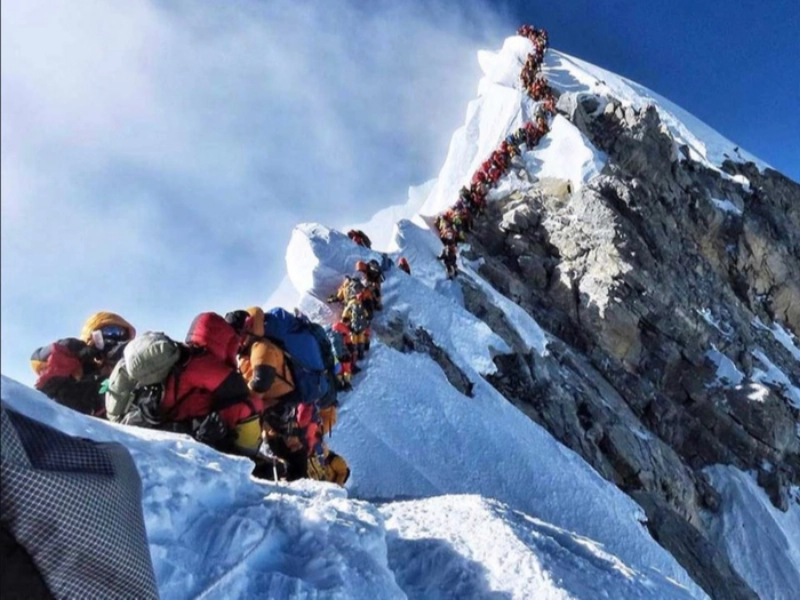 Camping is a type of hiking that puts hikers in intimate proximity to the natural world. People can take a break from their busy lives and concentrate again on their well-being amid the immaculate scenery.
Hikers can also obtain a lot of vitamin D from the sun, which helps combat depression. The natural world also fosters creativity by igniting the parts of the brain linked to happiness and problem-solving.
But not everyone can enjoy trekking because it can be risky for those who are unfit or have certain mental health conditions, like acrophobia. Accidents such as falls or animal attacks can injure hikers. They might also become dehydrated or hypothermic. If they are not using the right equipment, such as cold-weather clothes and hiking shoes with good ankle support, their chance of suffering these injuries rises.
Camping is a type of hiking that puts hikers in intimate proximity to the natural world. People can take a break from their busy lives and concentrate again on their well-being amid the immaculate scenery.
Hikers can also obtain a lot of vitamin D from the sun, which helps combat depression. The natural world also fosters creativity by igniting the parts of the brain linked to happiness and problem-solving.
But not everyone can enjoy trekking because it can be risky for those who are unfit or have certain mental health conditions, like acrophobia. Accidents such as falls or animal attacks can injure hikers. They might also become dehydrated or hypothermic. If they are not using the right equipment, such as cold-weather clothes and hiking shoes with good ankle support, their chance of suffering these injuries rises.
4. Friends
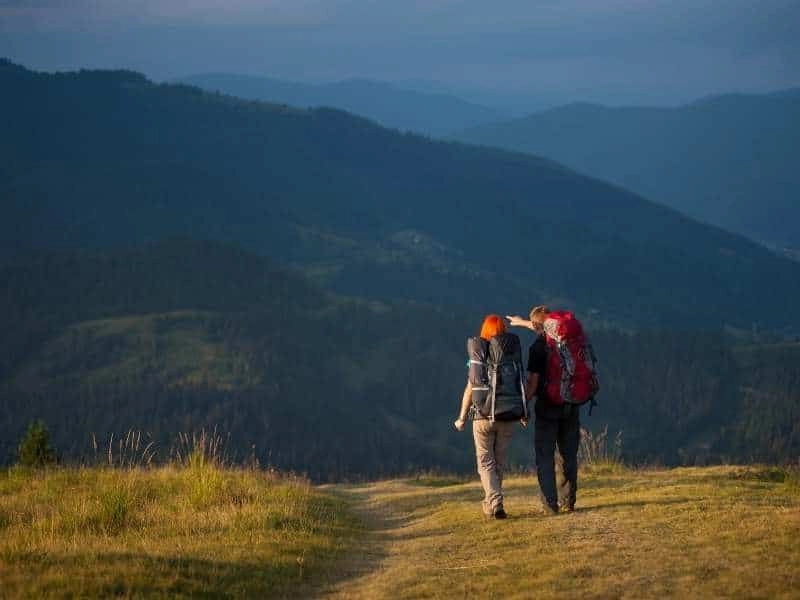 Joining friends on a hike is a fantastic opportunity to bond and experience something new. In addition, you can support one another in the event that you become hurt or lost while trekking.
If you get a significant injury on one of these paths, it might take some time to get aid because they are far from civilization. Your chances of surviving and avoiding becoming stranded in the mountains might both be increased and decreased by hiking with a friend.
It's crucial to know how to stay safe when hiking alone, particularly at night. Bringing bear spray and other self-defense supplies is also a wise move. Make sure you have a backup plan and notify someone where you're going before going on a solo hike. Prior to leaving, make sure your stomach is full and that you are drinking plenty of water!
Joining friends on a hike is a fantastic opportunity to bond and experience something new. In addition, you can support one another in the event that you become hurt or lost while trekking.
If you get a significant injury on one of these paths, it might take some time to get aid because they are far from civilization. Your chances of surviving and avoiding becoming stranded in the mountains might both be increased and decreased by hiking with a friend.
It's crucial to know how to stay safe when hiking alone, particularly at night. Bringing bear spray and other self-defense supplies is also a wise move. Make sure you have a backup plan and notify someone where you're going before going on a solo hike. Prior to leaving, make sure your stomach is full and that you are drinking plenty of water!
5. Adventure
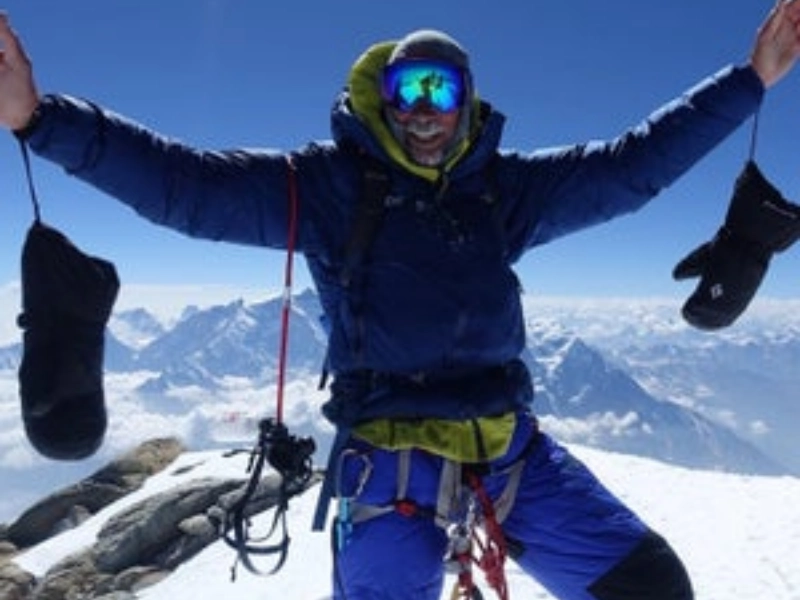 Hiking may transport you to remote, breathtaking, and picturesque locations. This is what can really make it enjoyable, particularly if you're trekking with companions.
On the other hand, some hikers contribute to trail litter by discarding discarded items such as protein bar packages and plastic water bottles. Both wildlife and water sources may be harmed by this.
While trekking, it's also possible to get lost. There is practically limited mobile service on some paths, making it challenging to call for assistance. This may occasionally result in serious harm or even death.
Hiking at night is particularly risky because that's when animals are usually more active. A few hikers perish each year as a result of assaults by animals. For this reason, it's critical to abide by all safety precautions when trekking.
Hiking may transport you to remote, breathtaking, and picturesque locations. This is what can really make it enjoyable, particularly if you're trekking with companions.
On the other hand, some hikers contribute to trail litter by discarding discarded items such as protein bar packages and plastic water bottles. Both wildlife and water sources may be harmed by this.
While trekking, it's also possible to get lost. There is practically limited mobile service on some paths, making it challenging to call for assistance. This may occasionally result in serious harm or even death.
Hiking at night is particularly risky because that's when animals are usually more active. A few hikers perish each year as a result of assaults by animals. For this reason, it's critical to abide by all safety precautions when trekking.
